What is sustainable coffee, really? In this post, Kunjani, your source for the best coffee in Naples, FL, shares what you need to know about sustainable coffee.
The Environmental Impact of Your Favorite Drink
Coffee may be the most widely-traded agricultural product in the world. Just in the US, Americans drink roughly 146 billion cups in a year. Produced in over 50 countries worldwide, the biggest producers of coffee are South America, Central America, African countries, the Caribbean, and Asia.
There are a few steps involved in making your favorite caffeinated drink. For one, it can take up to seven years for a coffee tree to produce its very first harvest, which is then harvested by hand or machine.
They then go through the process of removing the outer part to reveal the green coffee bean, which is done either through sun-drying or by using machinery and water. The last step involves the cleaning, hulling, and sorting of the beans so they can then be exported.
Similar to other industries, coffee production impacts the environment in a huge way. For instance, the estimated water footprint of a regular cup of coffee is already 140 liters or 37 gallons! That’s like taking two long showers! Of course, coffee’s impact is not just on water usage.

Every cup of coffee consumed equates to about a square inch of rainforest that is destroyed. Coffee farms often lead to chemical runoffs too, as well as loss of biodiversity and soil erosion.
What Is Sustainable Coffee?
The production of coffee could be more sustainable if companies would start using practices like better management of crops and use of water, as well as swapping the use of pheromone boxes to drive insects, instead of opting for pesticides and using all coffee bean waste as fertilizer. The coffee hulls can also be used as a fuel source.
What the Coffee Labels Really Mean
You might notice that there are lots of certification labels on coffee bags now, most of them promoting environmental practices like conservation, safeguarding communities, and protecting farmers.
Here are some of the labels you might find on your coffee bag:
Rainforest Alliance Certified
This means the farm is audited based on criteria like biodiversity, waste management, and more.
Shade-Grown
This means the farm returned to traditional farming methods, which means they prevent soil erosion.
USDA Organic
While organic farms don’t require canopy cover, they ban the use of synthetic fertilizers, herbicides and pesticides. It also means their farmers do not use methods that cause soil erosion.
Conclusion
Choosing coffee should go beyond just the flavor or even the brewing method. Choosing coffee from sustainable sources help to support companies making an effort to be responsible with their coffee farming. So the next time you visit a coffee shop, find out if they’re serving and selling sustainable coffee.
Kunjani serves some of the best coffee in Naples, FL. Our coffee shop maintains our sustainable efforts and follows ethical practices from sourcing our beans to roasting. Get your sustainable specialty coffee beans from Kunjani today!

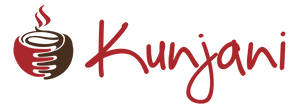
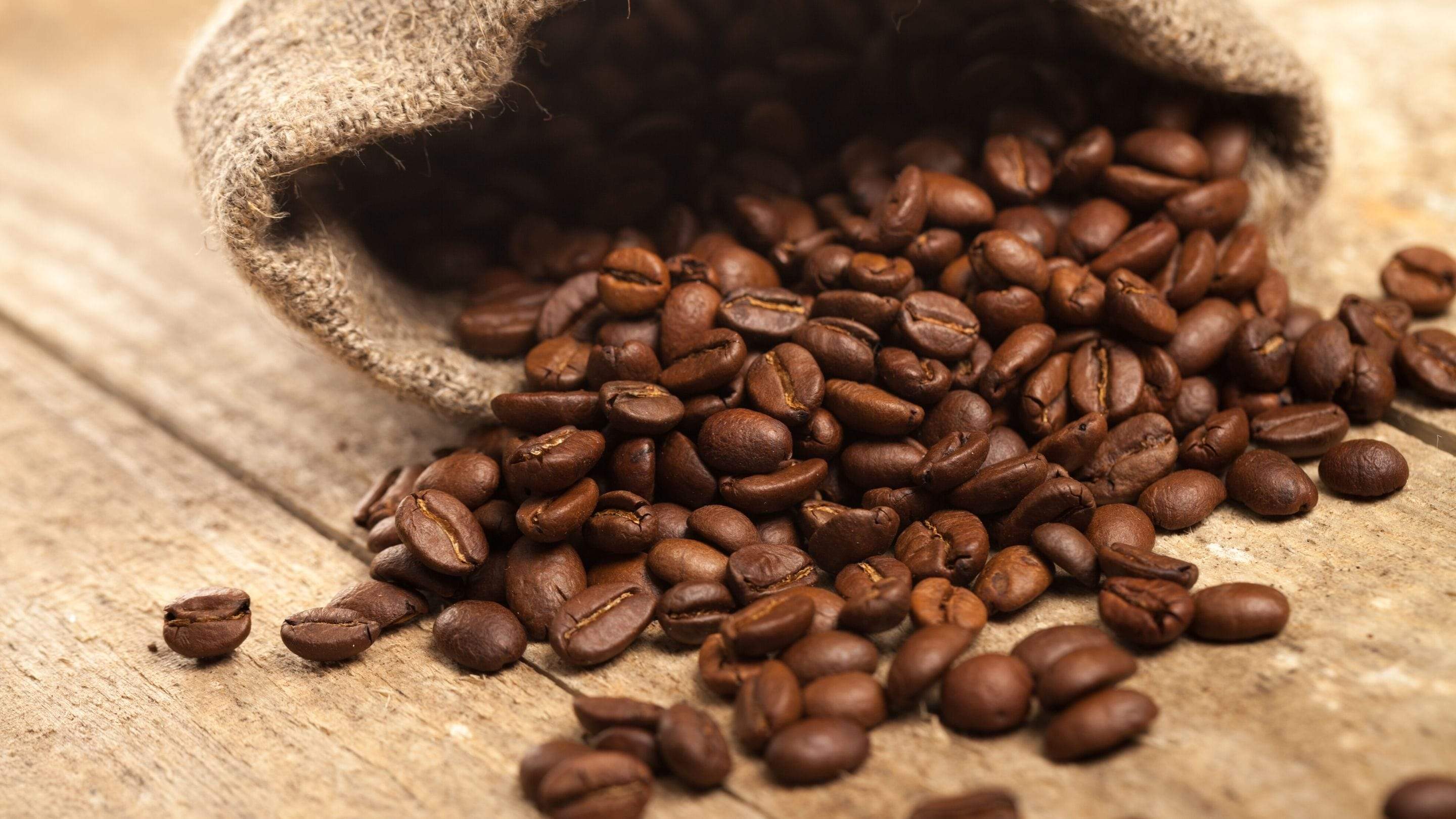


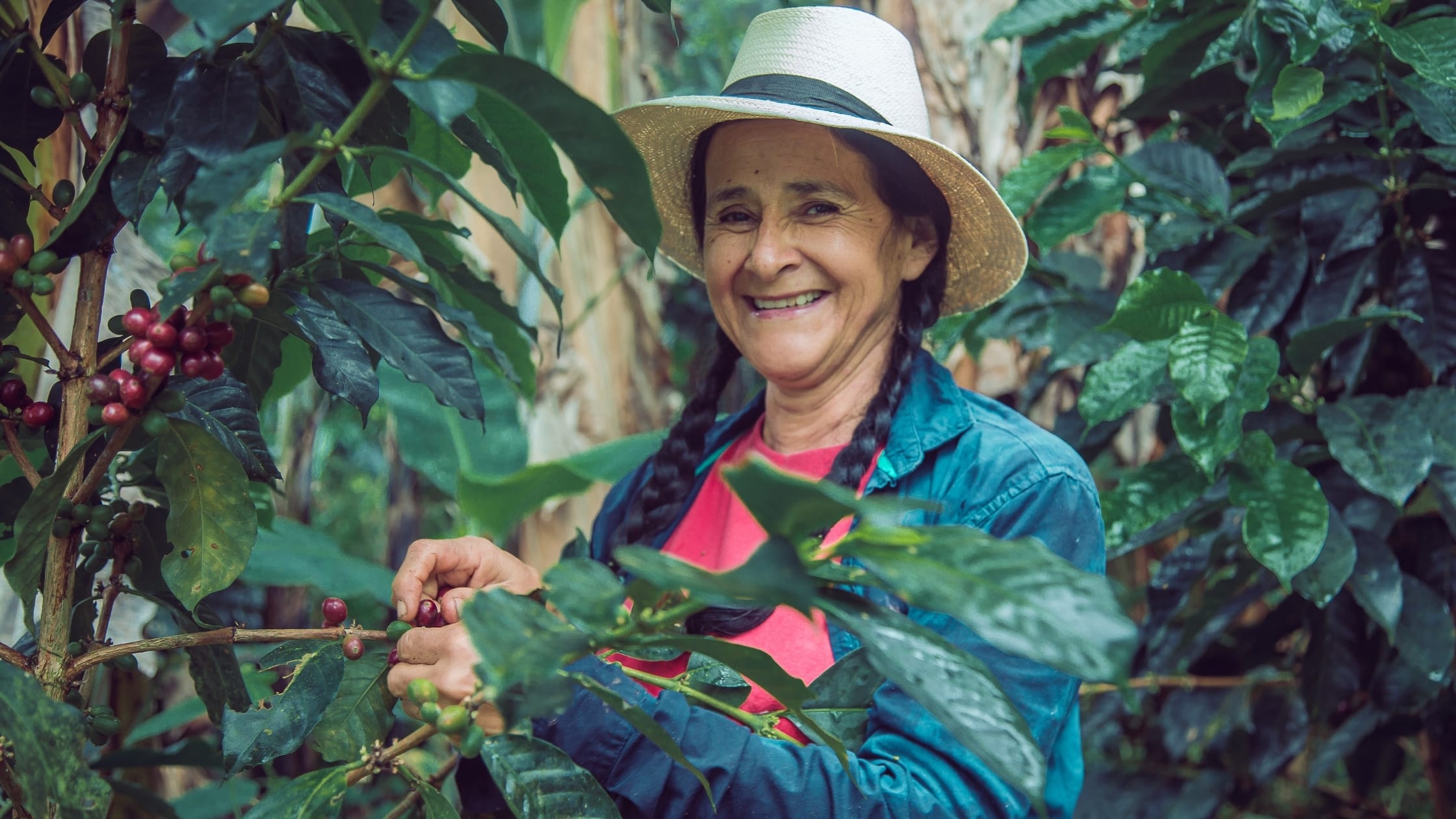
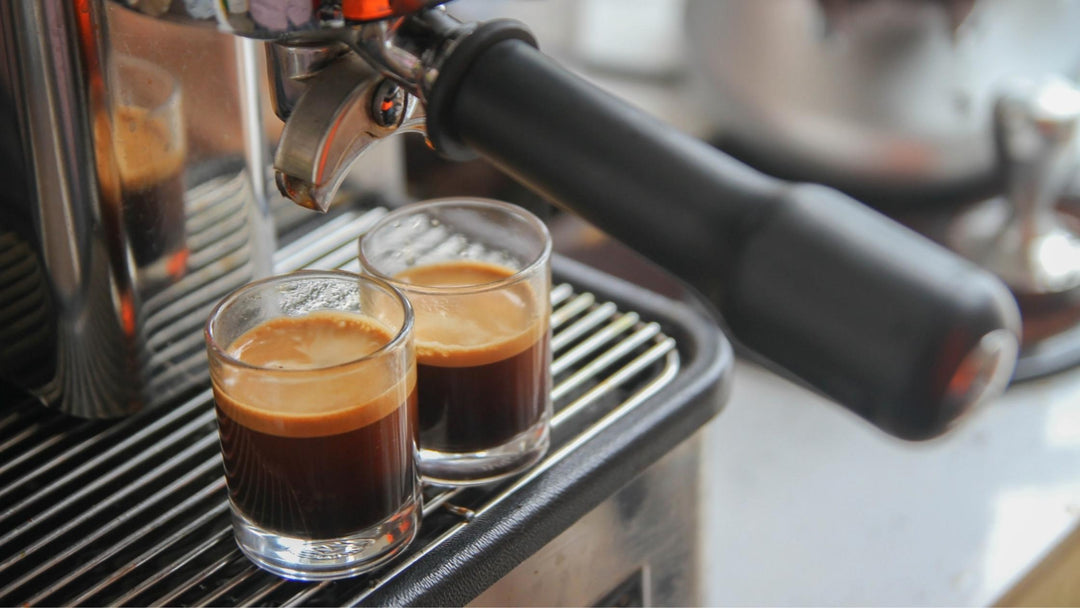
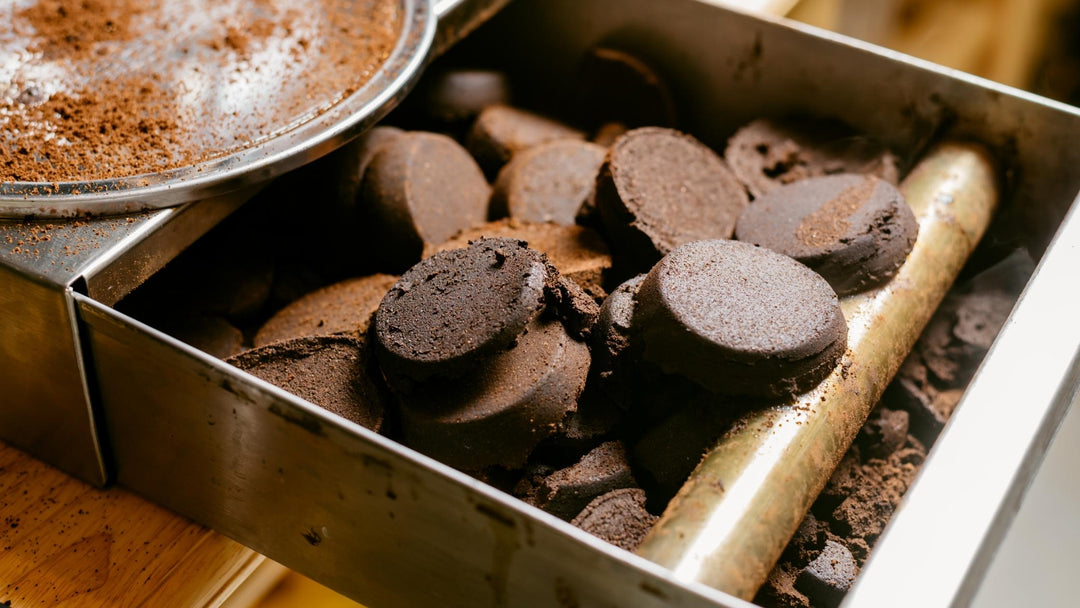
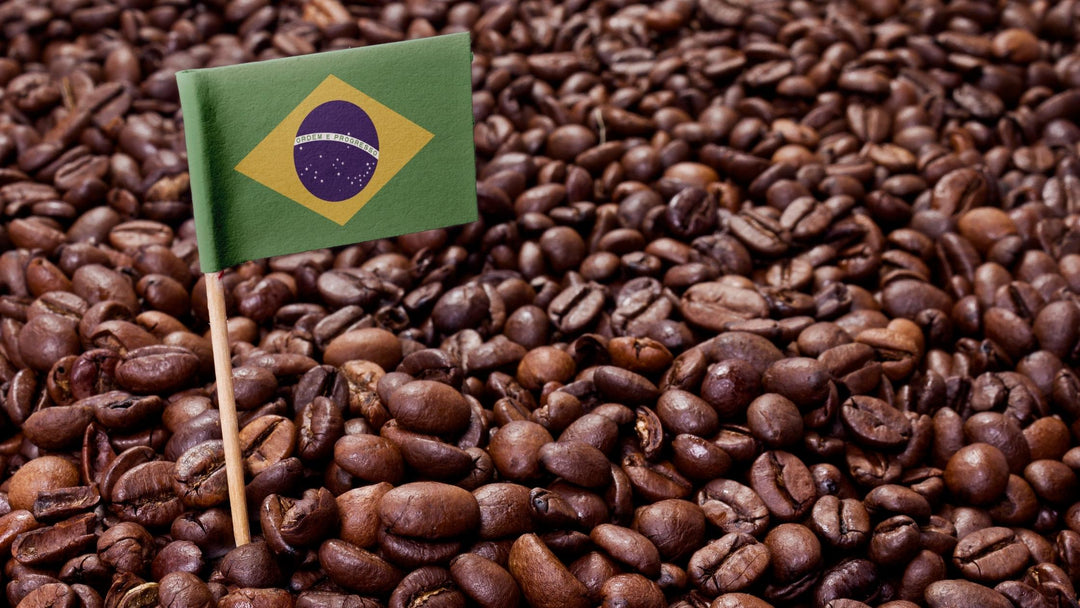
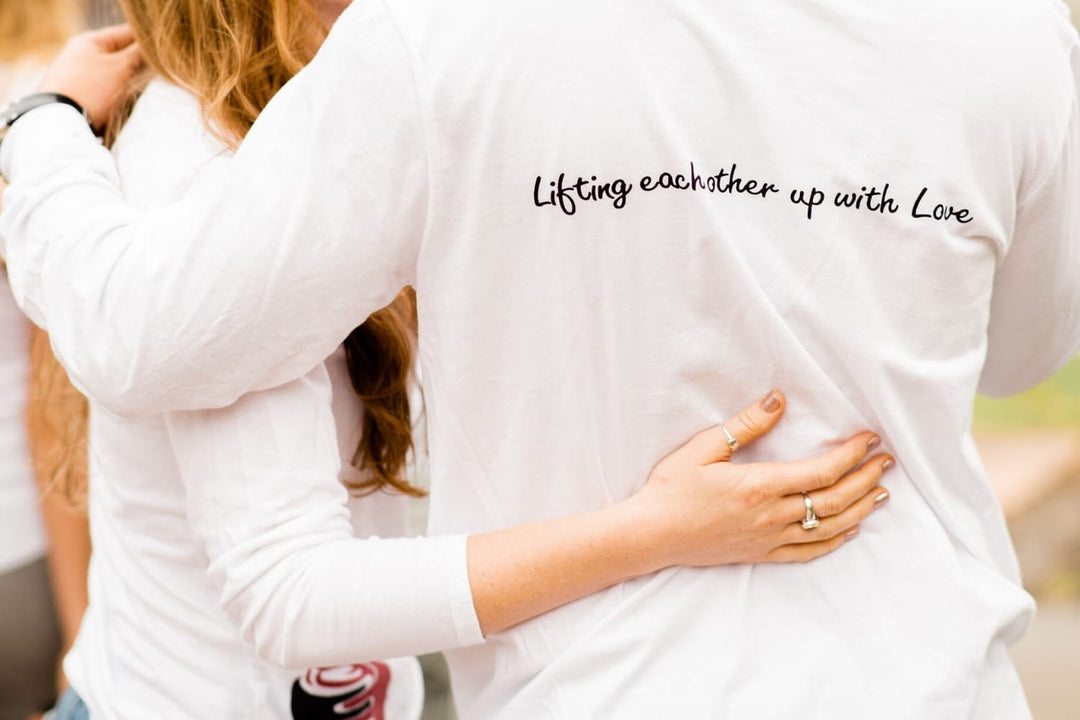
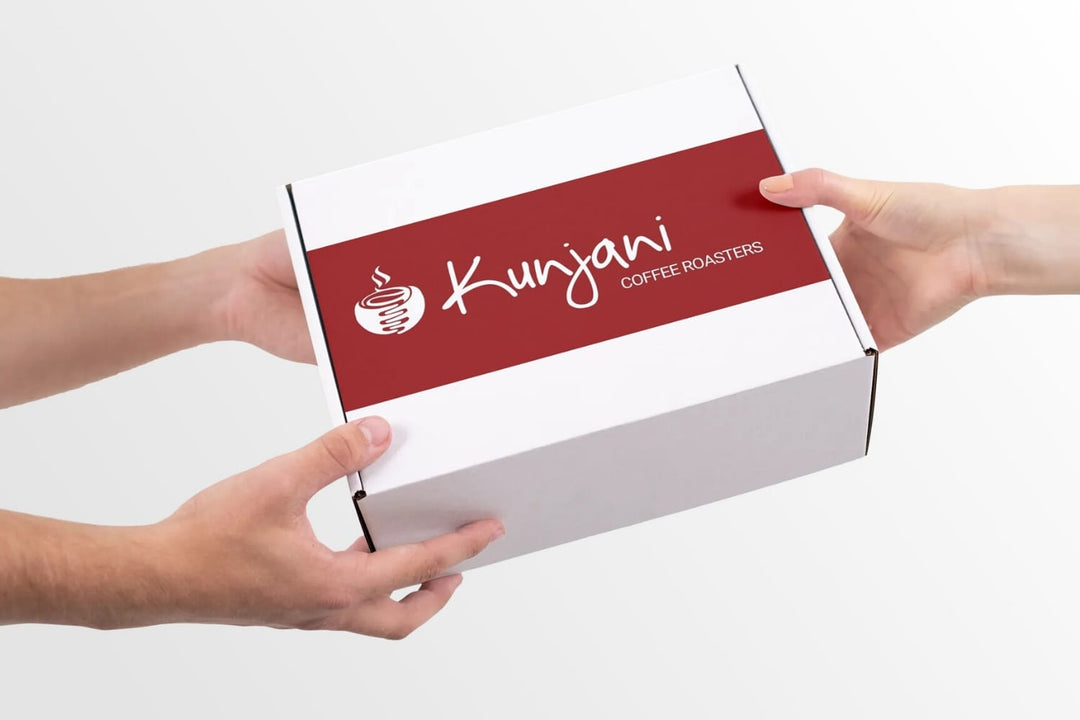
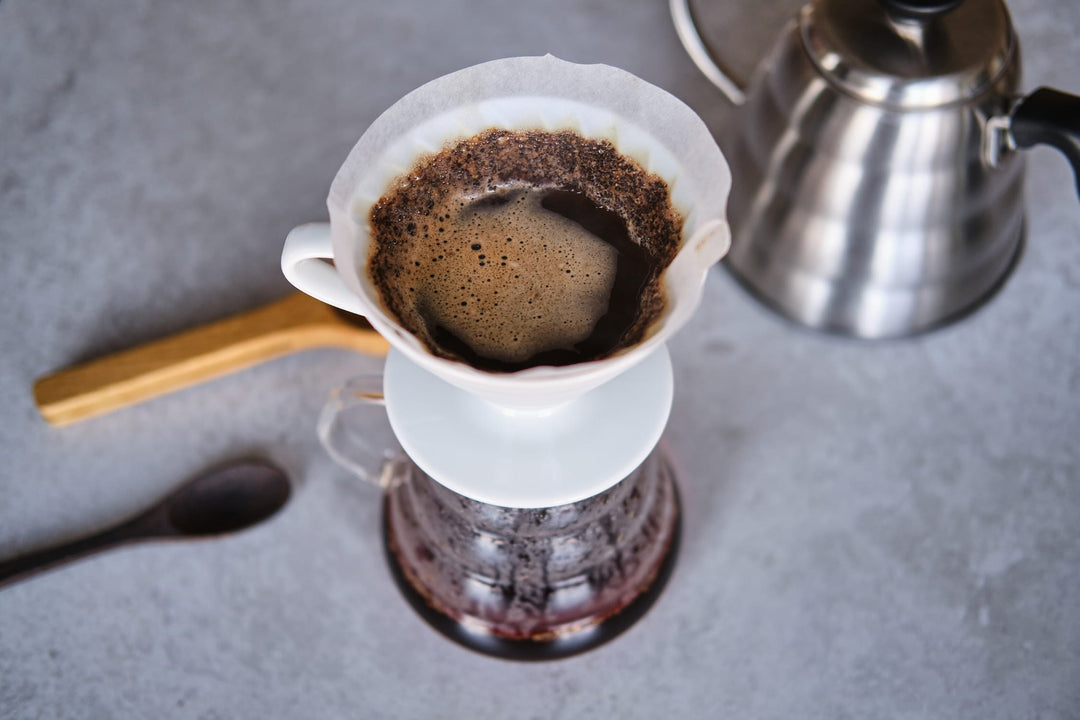
Leave a comment